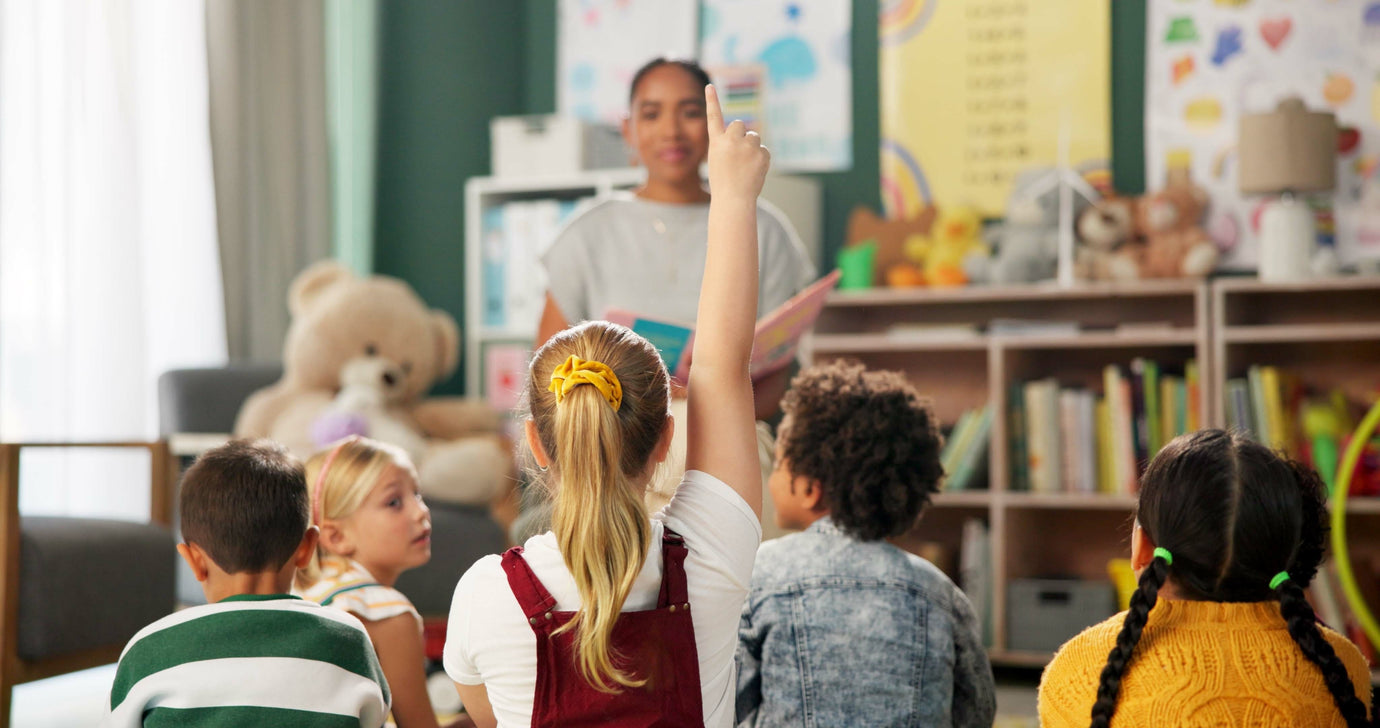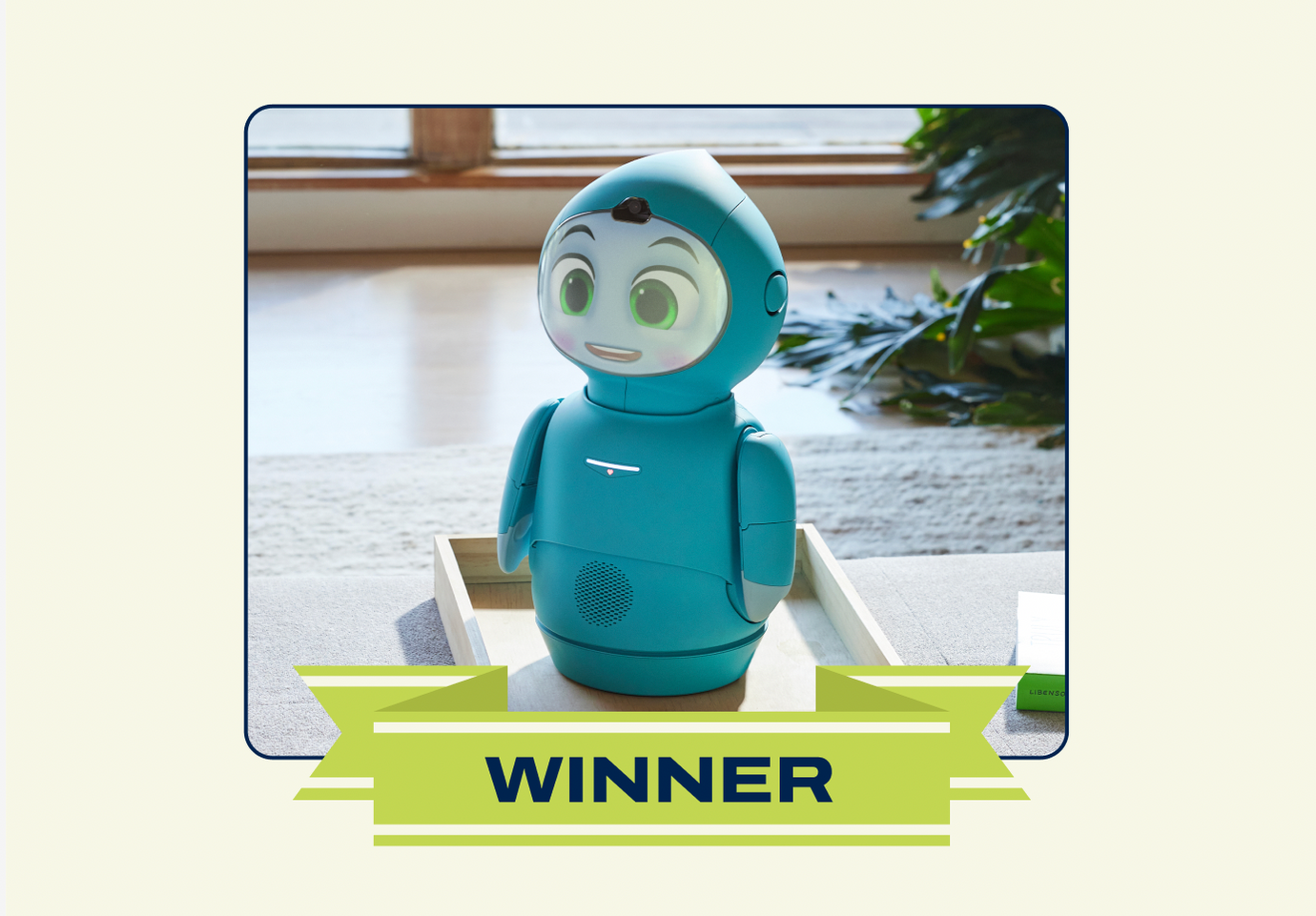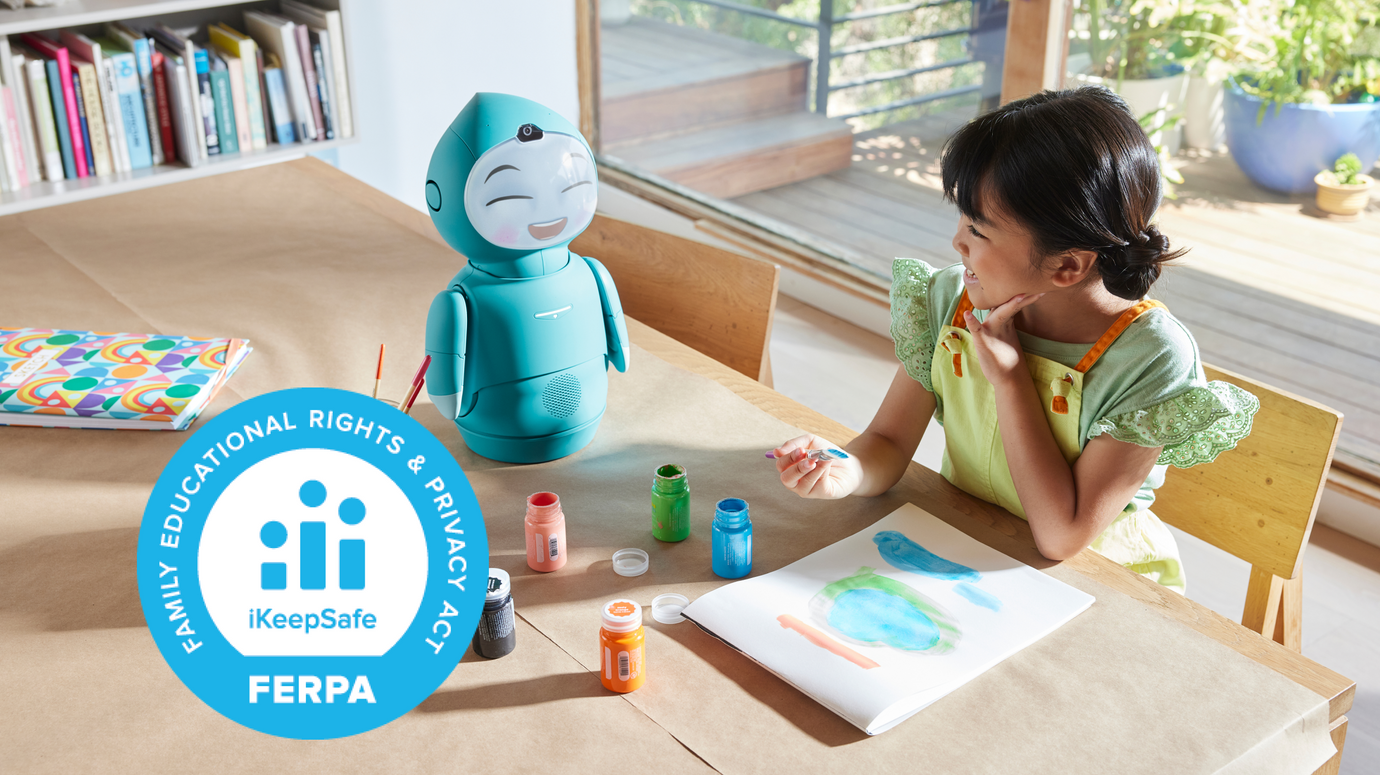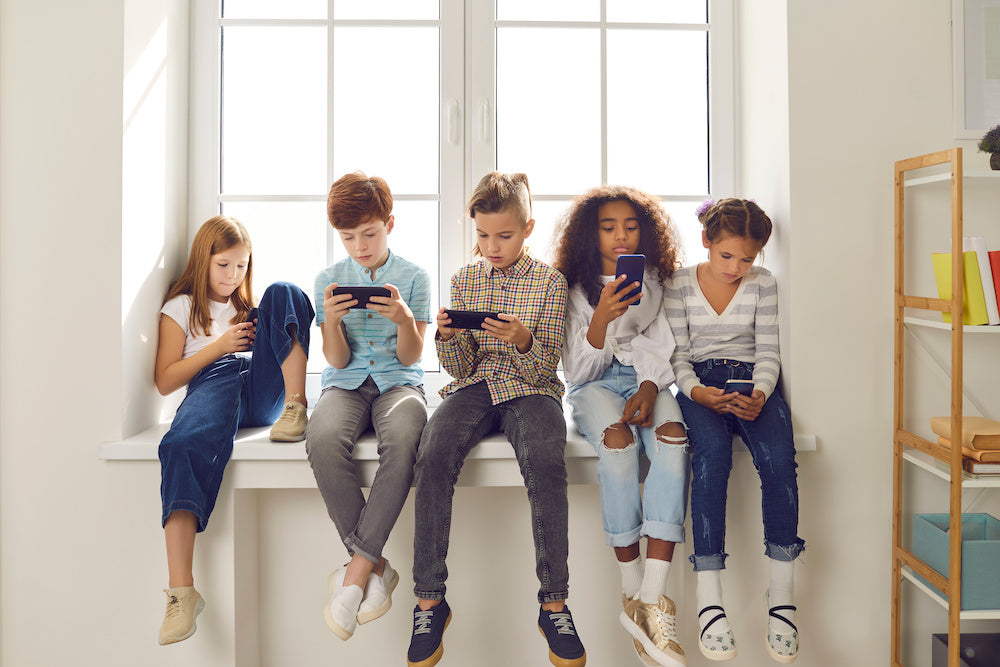Why Hugs Matter: Strengthening Bonds and Emotional Well-being
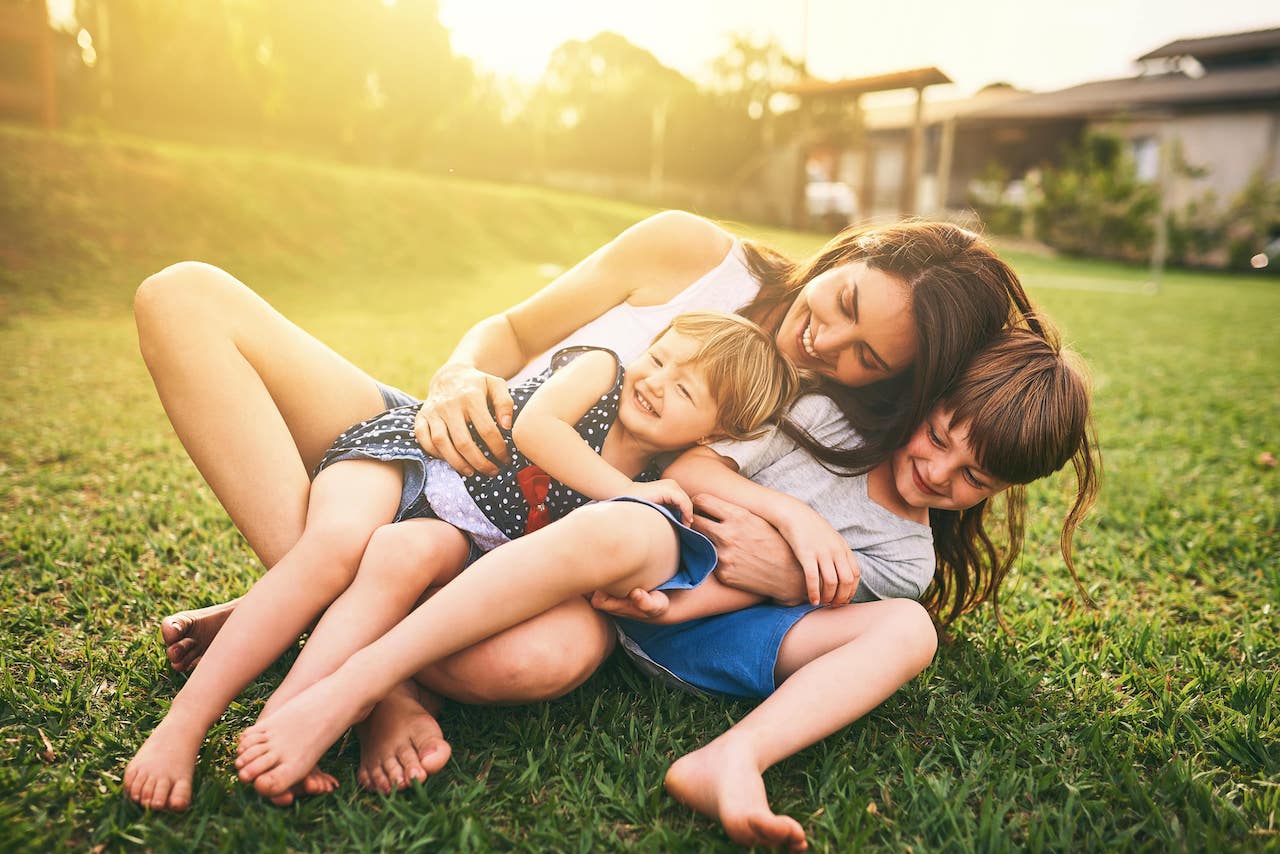
From a small hello to a grand gesture of love, a hug can strengthen the bonds we have with our loved ones – and make a profound impact on our emotional well-being. In honor of Global Hug Your Kids Day on July 17th, let's explore the science behind hugs, discover their amazing benefits, and learn actionable tips to harness their power in your parenting journey.
The Power of Hugs
Hugs, and loving physical touch, go beyond mere warm gestures. They have an amazing power to strengthen attachments and solidify positive relationships with our kids. When we hug our kids, we communicate profound love, security, and trust. Physical touch can also change our brain chemistry, which can lead to good feelings all around. Hugs are indeed a universal expression of affection that fosters a deep sense of connection.
The Language of Touch
Physical touch is a remarkably strong form of nonverbal communication, capable of conveying emotions and nurturing meaningful connections. Touch can also promote healthy development. For example, skin to skin contact and infant massage are now understood to be extremely powerful tools for promoting attachment and regulating vital systems in small infants. And those benefits continue beyond the very beginning stages of life: older babies who are held, hugged, and kissed do better developmentally than those who don’t have consistent and regular physical contact with loving adults. And for many older kids – and adults too! – a simple hug can speak a thousand words. A welcome pat on the back, a hand squeeze, a quick shoulder rub can all shout, “I care” without making a peep.
The Science Behind Hugs
The power of hugs extends far beyond the emotional realm. By understanding the changes that occur in our bodies when we hug our loved ones, we can gain a deeper appreciation for the power of hugs. When we hug, it alters our brain chemistry in a variety of ways, which can create a ripple effect of healing and well-being all around us.
Hugs and Brain Chemistry
Studies have shown that when we hug, the physical contact stimulates the release of oxytocin in our bodies. Oxytocin, a hormone often referred to as the "love hormone," fosters feelings of bonding, trust, and relaxation, creating a sense of emotional well-being. The release of oxytocin during hugs not only enhances our emotional connection but also promotes a sense of calmness and security, creating a positive environment for nurturing relationships.
Physical contact also releases endorphins, which are natural mood boosters, promoting a sense of happiness and contentment. Those good feelings have been shown to reduce stress and anxiety levels, providing a comforting and calming effect on both kids and parents. Hugs can also boost the immune system, which improves overall health. The release of the neurotransmitter oxytocin during a hug helps regulate stress hormones, supporting the body's natural defense mechanisms.
Finally, when hugging, our brains respond by releasing neurotransmitters such as serotonin and dopamine, commonly known as the "feel-good" chemicals. These neurotransmitters contribute to feelings of happiness, contentment, and pleasure. In other words, hugs activate the areas of the brain associated with reward and emotional well-being. Understanding the neurochemical effects of hugs give us even more reason to appreciate how they contribute to our emotional health and strengthen our bonds with our loved ones.
Tips for Harnessing the Power of Hugs
Ready to embrace hugging? Here are some practical and actionable tips for incorporating more hugs into your daily life.
Intentional Hugging Moments
There are so many moments throughout the day that can be perfect for giving a hug. Make it a routine, starting from when your kid wakes up. Greet them with a warm hug to set a positive and loving tone for the day ahead. Give them a hug or a back rub when you say good-bye and again when you see them again after school and work. And as the day winds down, bedtime hugs can create a peaceful atmosphere, promoting relaxation and a sense of security.
Outside of the daily routine, seize opportunities throughout the day to embrace your kid, whether it's after a challenging moment or you simply notice a great chance to express your affection. Stroke their hair or back when they’re stressed or are telling you about something difficult, like a bad day. Reconnect with a hug after an argument or after you’ve had to help them adjust their behavior. Or take advantage of quiet still moments like reading a book or watching TV to do some serious snuggling. By seeking out these intentional hugging moments, you can strengthen the emotional bonds with your kid.
Nurturing Lifelong Bonds Through Hugs
A hug shared between a parent and kids holds immeasurable value and has the power to leave a lasting imprint on their hearts and souls. The warmth and security that comes with a hug contribute to the development of a strong sense of self-worth and emotional well-being. By building hugs into our daily routines, we nurture a lifelong bond that provides a foundation for healthy relationships and emotional resilience.
Hugs Adapting as Kids Grow Up
Just like everything we do as parents needs to adjust to our kids’ changing needs, so do our expressions of love. Showing your toddler you love them often looks very different from showing your teenager how much you care. Younger kids may appreciate lots of hugs at any time, anywhere. But keep in mind that your teen may appreciate your hug in the privacy of your home more than in front of their friends! Older kids may also appreciate other kinds of physical affection such as back rubs or a light hand on their shoulder. But no matter their age, physical affection is always a powerful symbol of emotional support and understanding. By adjusting our expressions of love to suit kids’ developmental stages, we can continue to strengthen the emotional bonds.



